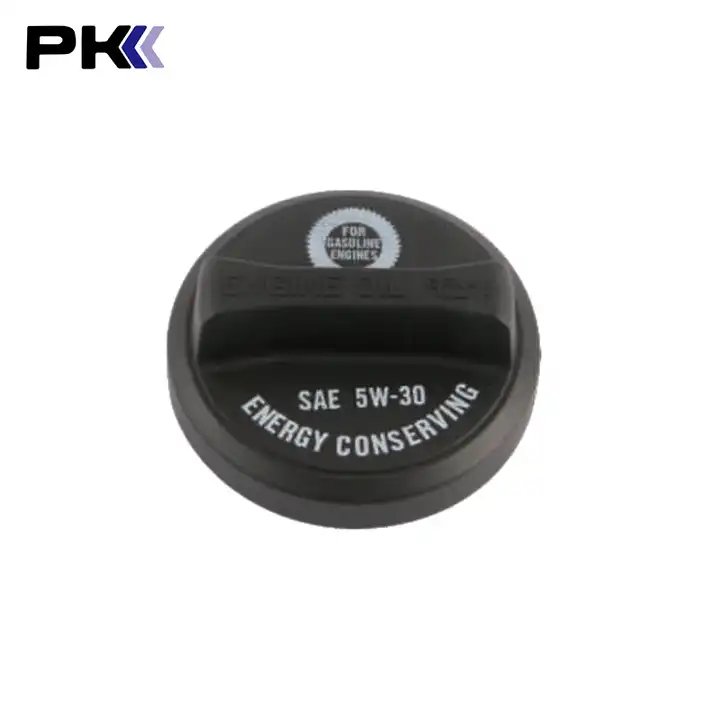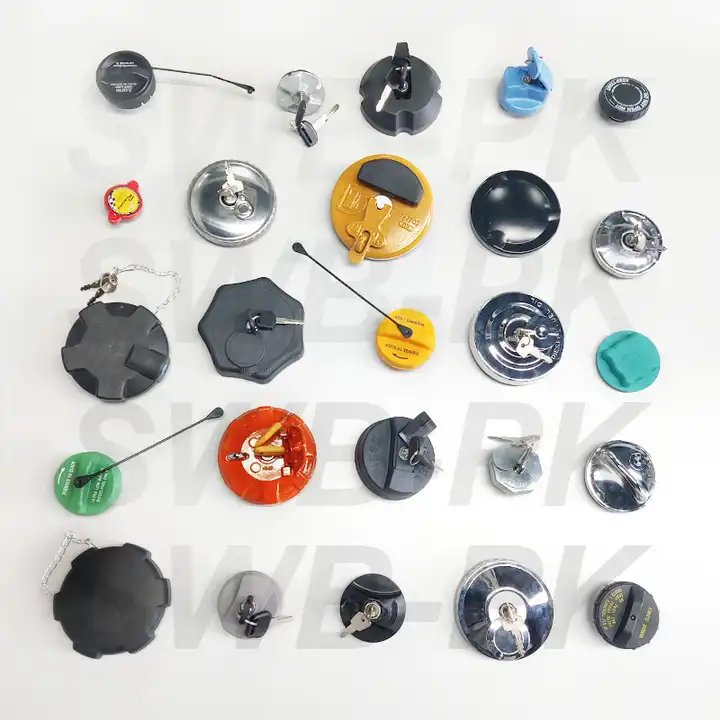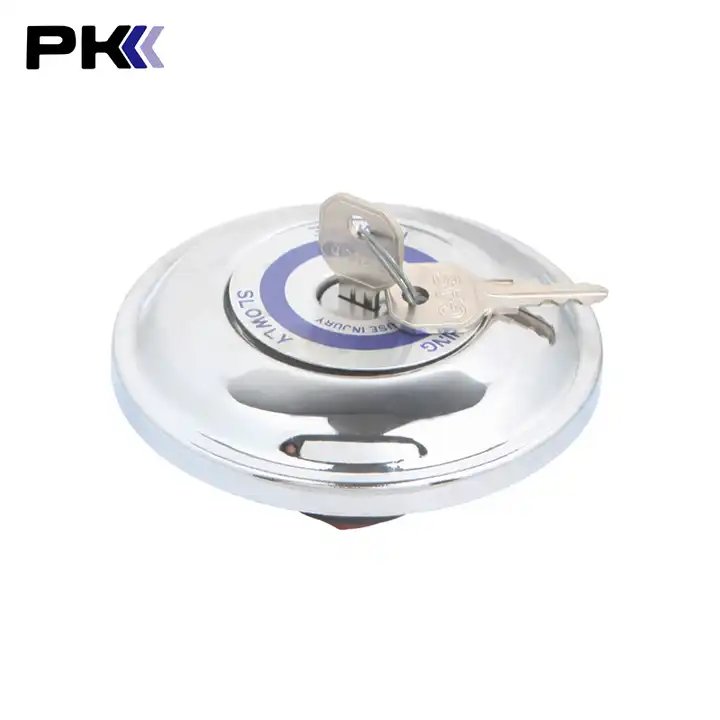The Advantages of a High-Pressure Radiator Cap
When it comes to your vehicle’s cooling system, every component plays a vital role in keeping the engine running smoothly. One often-overlooked but crucial part of the system is the radiator cap. While many drivers might not give it much thought, the radiator cap is an essential piece of the puzzle that can have a significant impact on your car’s performance, especially if you opt for a high-pressure radiator cap.
What is a High-Pressure Radiator Cap?
A high-pressure radiator cap is designed to regulate the pressure within the cooling system, usually with a rating of 13 to 16 psi, which is higher than standard caps. This elevated pressure allows the engine to run at higher temperatures without causing damage. When the coolant reaches a certain pressure, the cap opens to release excess pressure and maintain the correct balance. This process helps ensure that the cooling system operates efficiently, preventing overheating and maximizing engine performance.
1. Improved Engine Cooling Efficiency
One of the primary benefits of a high-pressure radiator cap is the enhanced cooling efficiency it provides. By maintaining higher pressure levels, the boiling point of the coolant is raised. This means the coolant can operate at a higher temperature without turning into steam, which is crucial in preventing overheating. As a result, the engine can run at an optimal temperature, improving overall performance.
2. Prevents Coolant Loss
Under normal operating conditions, pressure in the radiator system builds up and could cause the coolant to boil and vaporize. A high-pressure cap helps mitigate this risk, ensuring that the coolant stays within the system longer and reducing the chances of coolant loss due to evaporation. This is especially important for maintaining the correct coolant levels and avoiding engine damage caused by inadequate coolant flow.
3. Reduced Risk of Engine Overheating
An efficient cooling system is critical to keeping your engine at the correct operating temperature. A high-pressure radiator cap helps keep the coolant in a liquid state longer, which is necessary to carry heat away from the engine. This can help lower the risk of overheating, which, if left unchecked, could result in severe engine damage and expensive repairs.
4. Enhances the Longevity of the Cooling System
When pressure is properly regulated, the radiator and other components of the cooling system experience less stress. A high-pressure cap helps reduce the strain on hoses, the radiator itself, and the thermostat, contributing to the longevity of these vital components. By maintaining consistent pressure, it helps prevent premature wear and tear, reducing the need for frequent repairs and replacements.
5. Better Performance During Hot Weather
Hot weather conditions can put a strain on your vehicle’s cooling system. A high-pressure radiator cap is particularly beneficial during the summer months, as it helps ensure that the coolant doesn’t boil over in extreme heat. With higher pressure, the cooling system can handle temperature fluctuations better, providing reliable performance regardless of external conditions.
6. Increased Overall Reliability
A high-pressure radiator cap is a simple yet effective upgrade that can significantly enhance the reliability of your vehicle’s cooling system. It helps maintain optimal coolant temperatures, reduces the chances of coolant loss, and protects against engine overheating, which ultimately contributes to a smoother, more reliable driving experience.
Conclusion
While it’s easy to overlook the radiator cap, choosing a high-pressure version can be a smart investment for maintaining your vehicle’s engine performance and cooling efficiency. It helps prevent overheating, reduces coolant loss, and contributes to a longer-lasting cooling system. If you’re looking to upgrade or replace your radiator cap, consider going for a high-pressure model to ensure your engine stays cool under even the most demanding conditions.







